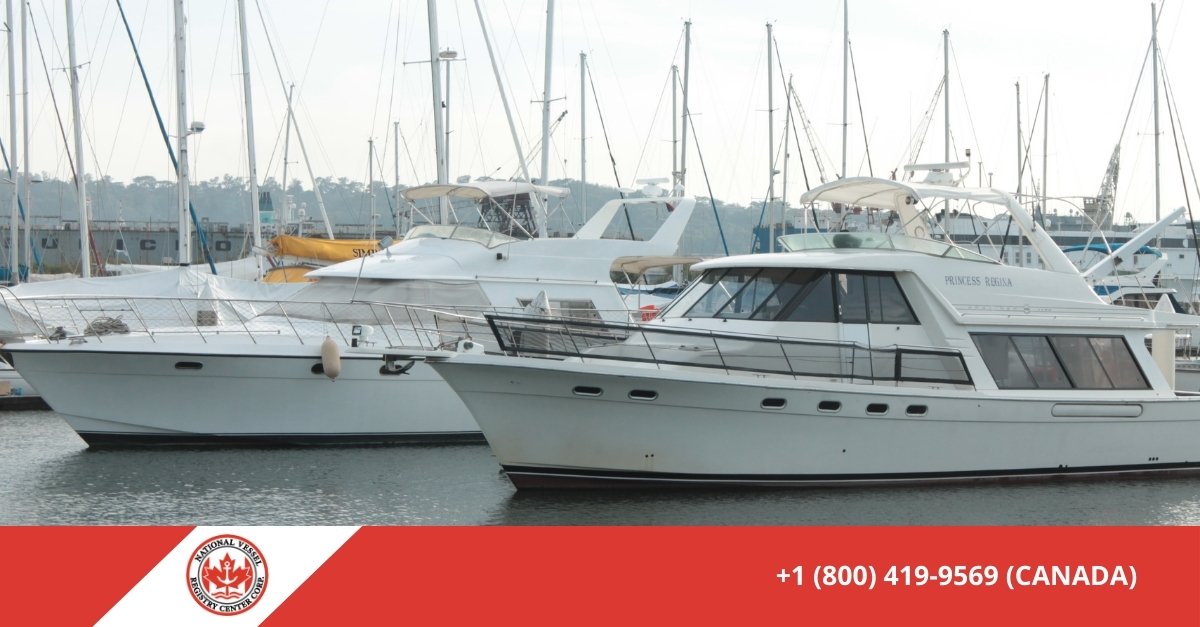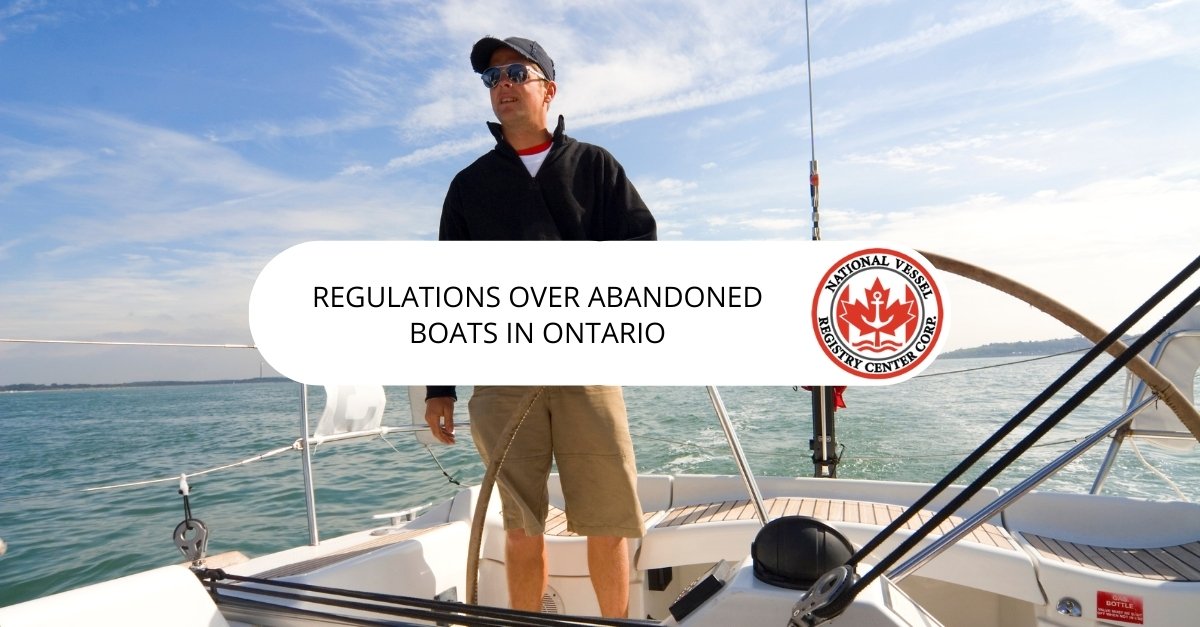If you own a vessel, you know that safety and regulations are important. Unfortunately, there are always people who flout the rules of the road or the rules of owning a boat. What happens when those boats are abandoned? Derelict boats can be found in fields, storage yards, backyards, and, sadly, in the water, from coast to coast. Should you encounter abandoned boats in Ontario or elsewhere, there are important factors to keep in mind.
The Number of Abandoned Boats in Ontario
Abandoned boats, or derelict vessels as they are referred to by the Ministry of Natural Resources and Forestry (MNRF), are all over Ontario. Like we mentioned, they are found on lakes and rivers, in coves and bays, beached on shorelines or sunken to the bottom of our waterways. In fact, there’s an estimated 12,000 abandoned boats currently floating about in Ontario.
The 2019 Wrecked, Abandoned, or Hazardous Vessels Act specifies that owners and operators of vessels will be prohibited from:
- Leave their unwanted vessel behind.
- Failing to maintain their craft causing it to become a wreck.
- Intentionally sinking, stranding, or grounding their ship.
- Leave their vessel in poor condition in the same region (within a three nautical mile radius) for more than 60 days without permission.
Sadly, the number of abandoned boats is sure to increase as more people buy recreational watercraft like fishing boats or houseboats that end up not being used as much as anticipated by their owners. There are many reasons why a boat may be left behind: lack of maintenance; financial troubles; falling out with friends when traveling together; etcetera (all pretty common).

The MNRF has some regulations regarding what should happen next if you find yourself with an abandoned vessel on your hands:
What Exactly Constitutes an Abandoned Boat?
An abandoned boat is one that has been left unattended for a set period of time. It doesn’t matter if the boat is in the water or not; if it’s been unattended, it will be considered abandoned and subject to regulations.
If you’re wondering how this applies to you, keep in mind that “abandoned” can mean more than just being left on a beach with no one onboard. If someone leaves their vacation cottage empty for an extended period of time without returning within six months, even though they still have plans to return later this year, those plans may not be enough to prevent them from being considered “abandoning” their house.
Regulations Over Abandoned Boats in Ontario
In order to take advantage of the program, you need to be a Canadian citizen or resident and be 18 years old or older. You also need to have a valid Ontario driver’s licence, a valid Ontario health card, and a valid Ontario vehicle permit.
If you happen to stumble across an abandoned boat, Ontario’s Ministry of Transportation wants to hear from you. There are a number of stipulations in place that can come with this overall process, so it is important to know what steps to take when you find one.
The first and most obvious step is to call the Ministry of Transportation (MTO). A representative will explain how the process works and ask for specific details on where the vessel is located so they can assign it a case number. If the boat looks like it could be sold or repaired, then MTO will take steps towards getting it back into circulation. However, if its condition makes it unfit for anything but scrap metal, then there will likely be no other choice but to let MTO handle disposal through another party who specializes in such matters.
You want to import, salvage, take possession of, or otherwise report a found wreck.
If you want to import, salvage, take possession of, or otherwise report a found wreck in Ontario, we’re here to help. As per the Wrecked and Abandoned Vessels Act, the Ministry of Natural Resources and Forestry is responsible for registering all wrecks in Ontario. This means that if you have found an abandoned boat and need help reporting it, we can assist you.
The ministry determines whether a vessel is considered abandoned based on criteria such as:
- The lack of evidence that there has been activity aboard the vessel within five years before it was located;
- The absence of any person who appears to be connected with the vessel being boarded onto or from it; and/or
- No movement from its mooring location for more than six months after becoming aware that it has been abandoned (this does not apply if there are exceptional circumstances).
That being said, you cannot simply retrieve an abandoned watercraft, according to Transport Canada. While you may have no choice but to dispose of the abandoned vessel, you will at least have a better understanding of how the registration process works in other situations. For your convenience, we have included all of the forms you may require as part of the registration process on our website. You will be able to not only fill them out here, but also submit them. If you have any questions, please contact us by phone at (800) 419-9569 or by email at info@canadianvesselregistry.ca.
Conclusion
Abandoned boats can be a real nuisance, but you don’t have to take matters into your own hands. If there is an abandoned boat in your area, contact the local authorities and they will help you with the process of getting it removed.

